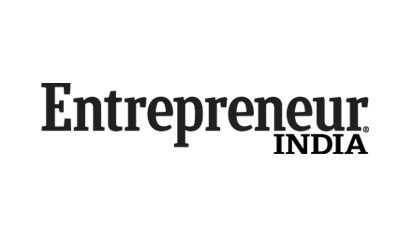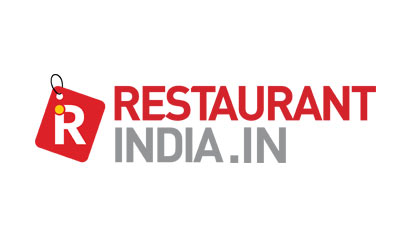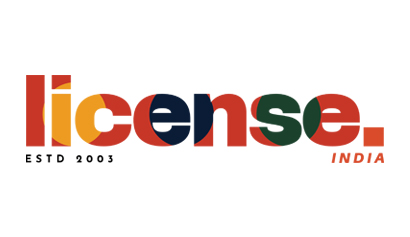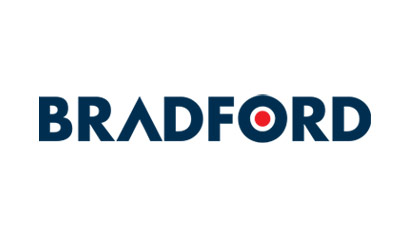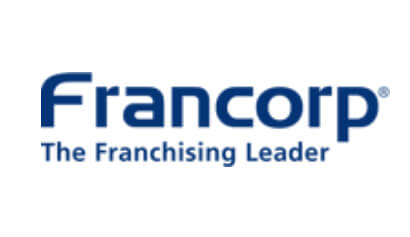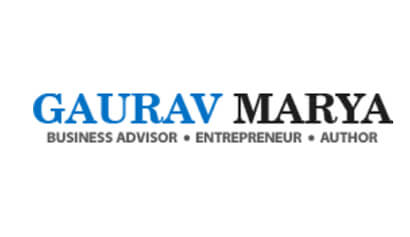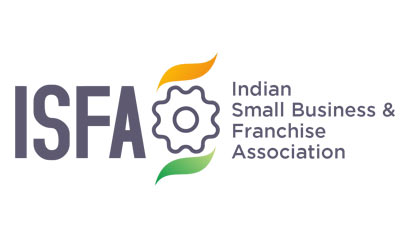To get access to over 10000+ Franchise Business Opportunities.
Network with the growing Business Community to get expert interventions to let you learn to Grow & Expand your Business with Franchising.
In the education-driven Indian economy, K-12 segment accounts for a sizeable portion. As per recent reports, the K-12 education segment is pegged at Rs 40 billion and is expected to grow at 14 per cent per annum.
THE Kindergarten to Grade 12 (K-12) segment, which forms a significant fraction of the massive Indian education industry, has been on a thriving mode in the recent years. Educational brands in this segment are tapping the innate franchise opportunity lying latent.
Business potential
The K-12 segment over the years has witnessed a considerable rise in the level of education along with a syllabus that has undergone valuable improvement with time. As per industry experts, the K-12 segment has limited number of private schools, amounting to less than 10 percent of the total schools in India, and hence, has huge untapped potential. Lina Asher, Chairperson, Kangaroo Kids Education Ltd, (KKEL) says, “There is a huge need for good quality education. We see huge potential in tier I, II and III cities.” While, Kavita Jain, Vice President, MDN Edify Education Pvt. Ltd, states, “As per a survey, there are only 78,000 good schools across India and there is a need of around 4 lakh more.” Incidentally, MDN Edify Education, an initiative of DRS Group, has opened its doors for world-class education through Edify Schools.
Franchising
There is a predominance of several hundreds of K-12 schools across the nation. However, very few brands have taken the franchise route for expansion. Asher explains, “Several parents approached us and said that they would like to see similar kind of schools in their hometowns and that is how we started franchising. We are the first ones to get into franchising in the K-12 sector.”
However, franchising demands that several parameters should be given due attention, given the massive format. Says Amol Arora, Managing Director, SHEMROCK & SHEMFORD Group of Schools, “Our system has been designed in a way that people who are not from the industry can execute it beautifully. If people do come from the industry, they should have an open mind and be prepared to do some unlearning and then learning, as it is very different from the traditional system. What differentiates us from the competition is the quality of training.”
Talking about standardisation, Jain states, “All Edify Schools are system-driven and not people-driven. We have audit followed by recommendation, there is monitoring through MIS along with training and use of technology by means of tracking, MIS, Parent Connect and System Control.”
So, what is the criteria to seek franchisees? Jain replies, “Location and the promoter's vision along with investment are vital.” Says Asher, “First and foremost, there has to be an alignment between our visions of education. Secondly, we want people who are looking at education as social-cum-business responsibility, we want people who are not only looking for financial dividend but social dividend as well. Thirdly, they should have financial and management resources to run a school.”
Expansion
The brands have taken up franchising in a big way. Reveals Jain, “We are keen on building a premium school brand, backed by world-class quality system and infrastructure. Today MDN Edify is in the process of establishing K-12 under the franchise model with the brand name Edify School in various cities across India.” Avers Arora, “We are looking at pan-India expansion, besides the SAARC and gulf countries.”
Flip side
According to Frost & Sullivan's new report, although the formal segment constitutes more than 80 per cent of the market size, the opportunities to invest in this sector remain limited due to strict regulations that prevent the participants from distributing profits. Even though there has been success in the K-12 segment, the ingress of very few players have sidelined this segment to be dormant. Besides, competition amongst branded players seems to be virtually non-existent. Says Asher, “The challenges are that of any other business like expansion, getting right people, ensuring infrastructure, maintaining standards, etc. But since we have been in the business for long time, we have been able to streamline all these challenges and adapt them.”
BOX
Why few players?
In spite of all the success, K-12 segment has very few new players. Industry experts explain that given the massive format and high capital investment, funding along with lack of expertise act as major deterrent. A K-12 set-up requires an investment ranging from Rs 1 to Rs 10 crore. Even though a school is established, it is during expansion that players usually scout for investment. As per experts, it is at this point that PE funding comes to the rescue. Thankfully, PE funding is making headway into the K-12 segment, easing up entry and expansion. As per recent reports, Sequoia Capital India along with Song Investment Advisors have invested $15 million (Rs 70 crore) into K-12 Techno Services Pvt Ltd, a firm that manages a network of over 50 schools, owned by Hyderabad-headquartered Gowtham Educational Institutions. It is already an investor in TutorVista that is rolling out K-12 schools in a joint initiative with Manipal Education. Similarly, Reliance Equity Advisors (India) Ltd (REAIL), the private equity arm of Reliance Capital Ltd, has invested Rs 100 crore in Pathways World School.


Business Opportunities
Browse By Investment Range
Browse By States
Popular Cities
We value your privacy.
You can unsubscribe anytime




